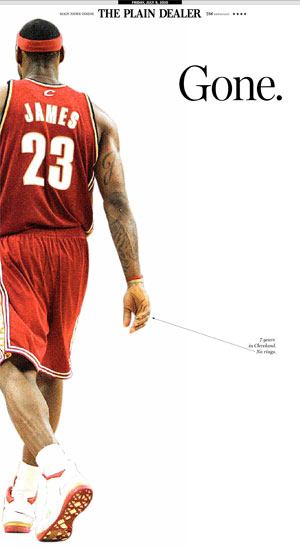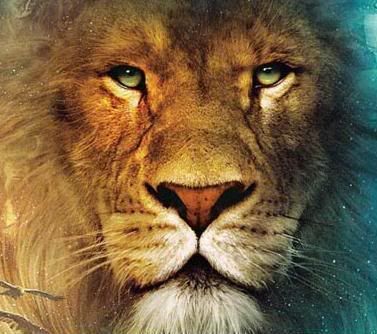Bumping this on the three-year anniversary of the day I lost a friend...
(Audio version here) Before Monday, I did not know Death. We had never met. He visited my neighborhood a few times, draping elderly relatives with his dark blanket, but that's about it. Until this week. Losing a good friend has been a difficult new experience, nowhere near as tough as it is for those closer to him, but difficult nonetheless.
People have a tendency to lionize the deceased, emphasizing the good qualities while ignoring their shortcomings. Somehow every single athlete who dies was the epitome of a family man, and all victims of tragedies powerfully transformed those around them. I tend to look at these flowery obituaries with a raised eyebrow, wondering about the shadows behind the praise. My point in saying this is not necessarily that those hagiographies are contrived, because extreme situations spawn extreme emotions. I merely want to emphasize that I do not throw the following cathartic words out lightly.
Rich Heyroth had an easy-going manner that allowed him to tread the line between friend and authority, both in and out of school. He was three years older than me, but was also deeper in life, already married and working on a child. We were in a Bible study together for a couple years, one that he led without coming across as a leader, but as more of a facilitator. He would often share the struggles of his life and marriage, not in a lecturing or warning manner, but in a simple, matter-of-fact way that oozed honesty. This ability continued when he and Elizabeth had a son last spring. He delighted in fatherhood, eagerly relating stories and lessons that Ethan created. As marriage loomed as a possibilty for me, I relished his encouraging thoughts. He was excited that I was getting married, and I was excited to learn more from his adventures and to share experiences of my own.
His gift of compassionate teaching was evident in the classroom and on the soccer field as well. By
watching or
reading media coverage or perusing comments on
this page, one senses that Rich was the same person regardless of his surroundings. As the de facto Shawnee Heights soccer beat writer this spring, I observed his interactions with the girls team. He was the quintessential likeable assistant coach juxtaposed with the hardline head coach. He could joke and laugh with the bench players and managers with one breath, then bark instructions to a midfielder with the next.
A few years ago in our Bible study, we churned through the Book of Ecclesiastes with the help of Tommy Nelson's excellent book,
The Problem of Life with God. Our Sunday School class went through Nelson's video series,
A Life Well Lived, shortly thereafter. Appropriately enough, this Sunday we were to finish another run through it. Rich loved Ecclesiastes. As recently as a week before he departed this planet, we glanced at each other after the video, with a smile and a nod that expressed what we both knew:
This is great stuff.Little did I know that a few days later, Ecclesiastes would serve as a great comfort. There is a time to be born and a time to die. Apparent injustices will occur, but God is in control. All we can do is be wise, be poised, be bold, and live life to the fullest under what our study termed the umbrella of God. Simple but profoundly insightful instructions.
Rich Heyroth was not a perfect man. Nor did he pretend to be. One of the things that made him so beloved was his ability to recognize his faults and ridicule them. In our fantasy leagues, the race to make certain comments about Rich was not only between Carrs and Congdons, but also against Rich himself. With a good sense of humor in hand, Rich worked hard at his jobs and roofing his house, and played hard when he had spare time, cherishing soccer, softball, and
Band of Brothers. My earliest memory of Rich stems from playing chess at a lakehouse one summer. That scene epitomizes him, enjoying the freedoms of summer while actively seeking a challenge. He lived life well, and now he is partying in heaven, Twinkies in hand.
If you're interested in making a donation in Rich's memory, you have plenty of options. Contact
Topeka Bible Church for information on donating to a family fund or a memorial fund. You can also participate in this
fundraiser.















